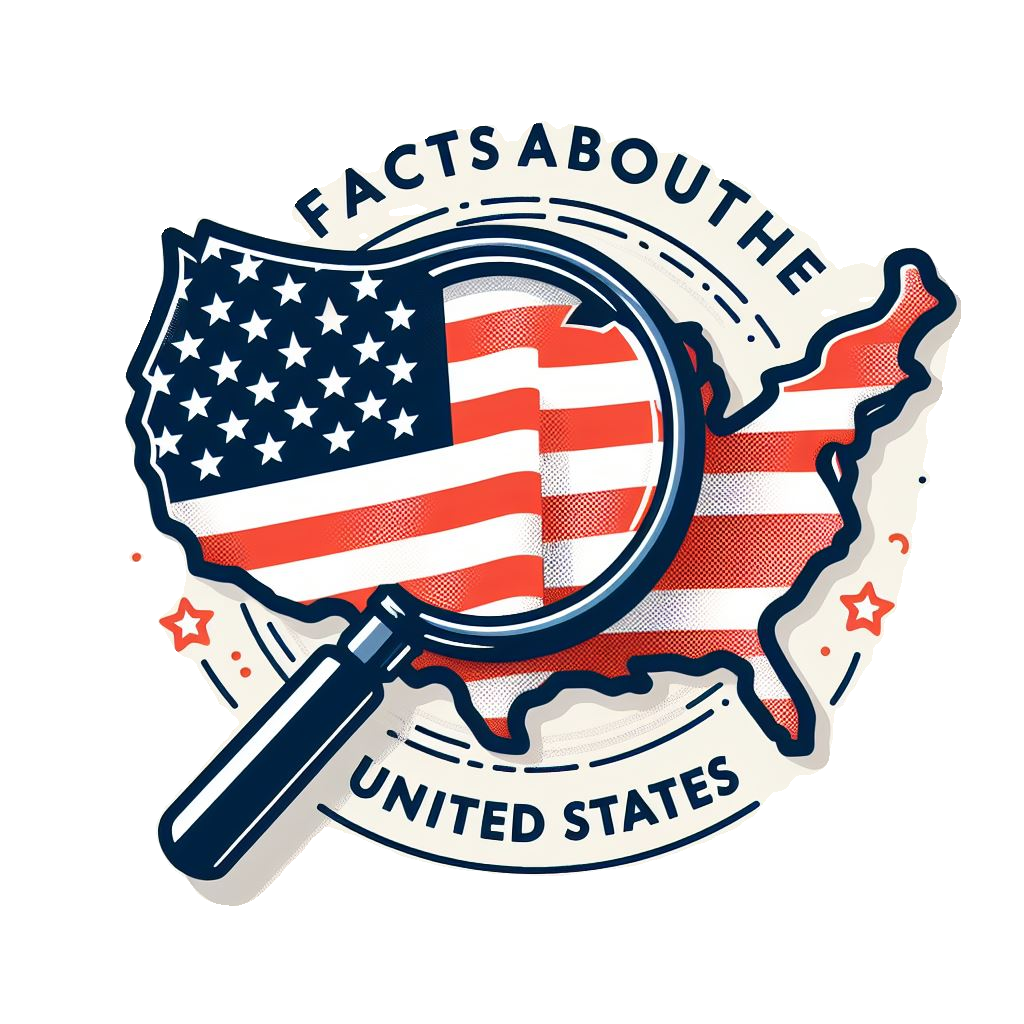Calvin Coolidge: The Quiet President with a Big Impact
Calvin Coolidge, the 30th president of the United States, was a man of few words and a whole lot of action. Nicknamed “Silent Cal”, Coolidge’s reserved nature often masked the significant impact he had on the nation he led.
From a Small-Town Boy to Unexpected President
Born on Independence Day (July 4th), 1872, in the tiny village of Plymouth Notch, Vermont, Coolidge’s childhood was simple and shaped by traditional New England values. He became a lawyer, and slowly moved up Massachusetts’ political ladder, from local councilman to the state’s governor.
Coolidge’s star rose when he decisively handled the Boston Police Strike of 1919, gaining national recognition. Soon after, he was selected as Vice President under President Warren G. Harding. A twist of fate occurred when Harding died suddenly in 1923, thrusting Coolidge into the presidency.
A Pro-Business, Small-Government Approach
Coolidge embodied a belief in limited government and a laissez-faire approach to economics. He believed in the power of the free market, with low taxes and minimal regulations on businesses. This pro-business environment contributed to the economic boom of the 1920s, often called the “Roaring Twenties”.
His era saw reduced government spending, balanced budgets, and even a lowering of the national debt. Of course, some historians argue whether these policies set the stage for later economic troubles (like the Great Depression), but there’s no denying the prosperity Coolidge oversaw during his time in office.
The Man of Few Words
Coolidge was famous for his brevity. Legend has it that a woman at a dinner party told him, “Mr. President, I bet I could get you to say more than two words.” His reply? “You lose.” While this story is likely apocryphal, it perfectly illustrates his image.
Don’t confuse silence with inaction, though! He signed bills supporting civil rights and Native American citizenship, vetoing others in defense of what he saw as the best interests of the people.
Retirement and Legacy
Coolidge shocked the nation by declining to seek re-election in 1928. He retired to Northampton, Massachusetts, where he wrote his autobiography and newspaper columns. Sadly, he passed away on January 5, 1933.
While not the flashiest president, Calvin Coolidge‘s actions continue to be debated by historians. His firm belief in economic prosperity through a hands-off government approach is one that remains a cornerstone of the conservative political movement. Coolidge’s journey from a remote Vermont village to the White House remains an inspirational tale of a quiet man who left a lasting mark on American history.
